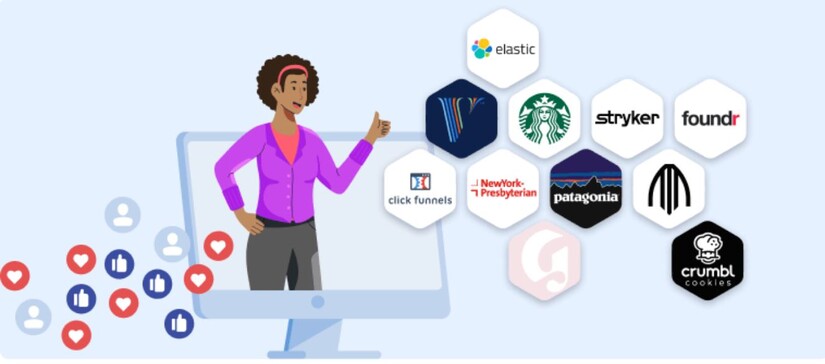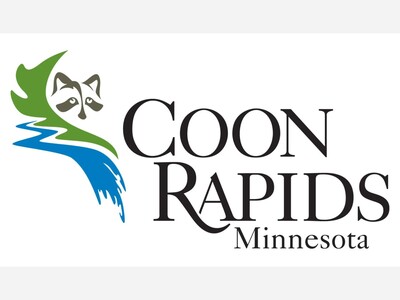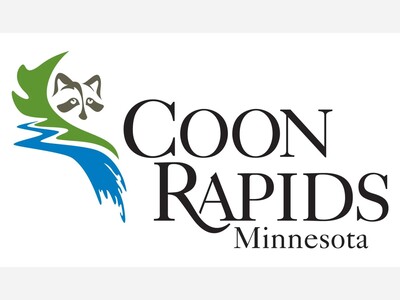Social Media Companies Are Like Tobacco Companies; Tax Their Products For Their Harms (Commentary)
Social media companies are like tobacco companies; tax their products for their harms
But don’t be deluded into thinking it will deliver what we need.
(Photo by Nicole Neri/Minnesota Reformer)
If you are sick of big tech’s creepy data collection and invasive advertisements, then you might like a new bill, authored by Senate Taxes Committee Chair Ann Rest, DFL-New Hope, proposing a tax on data collection by large social media platforms.
By assessing a flat rate as well as additional per capita fees on social media platforms with over 100,000 monthly users, SF3197 would raise an estimated $137 million in 2026-27 from the 14 largest platforms operating in Minnesota.
Here’s why the data mining tax is a good idea
Like efforts to curtail multinational corporate tax avoidance in 2023, this is an important and innovative idea that would once again make Minnesota a national leader in creating a stronger and more equitable tax code.
Democratic lawmakers registered enthusiastic support during initial hearings, with pointed criticisms of an exploitative industry. House Ways and Means Chair Zack Stephenson, DFL-Coon Rapids, and Sen. Grant Hauschild, DFL-Hermantown, likened the data mining tax to taxes on smoking and mineral extraction, respectively. Hauschild went so far as to describe social media platforms as leeches, and he’s not off base.
In 2024, for example, Meta made $62 billion in after-tax profits on $164 billion in revenue for an astounding 42% profit margin. Out of $69 billion in net revenue, they paid just $8.3 billion in taxes for an effective tax rate of 12%.
These earnings don’t result from new value or innovation in the traditional sense, but from attention-seeking business models that create addictive behavior among users while generating few jobs and little in socially productive economic activity.
Multiple scientific studies have found social media use is strongly associated with increased rates of mental health challenges like depression, anxiety and disordered eating, especially among children and adolescents.
Social media advertising models have also contributed to the degradation of our information ecosystem, which is an essential pillar of democracy. The southwest Metro and southeastern Minnesota lost 10 local newspapers last April alone, all replaced with nothing other than Facebook rage and viral conspiracy theories.
In my testimony on the bill, I explained how the policy could be described as a Pigouvian tax — a tax levied on a socially harmful activity in hopes of reducing its prevalence and/or raising revenue to compensate for its deleterious effects. Big tech is increasingly leveraging in-depth user knowledge to extract maximum profit. To allow these practices to proliferate with minimal regulation is bad enough, but to do so without any fiscal compensation is simply foolish.
A tax on data mining is especially important in the case of social media platforms because they offer their services for free, in exchange for access to consumer data, which is then monetized through the sale of advertising.

Economists describe this as a barter — you give them lots of data about yourself, and in exchange they let you scroll for free — and policy experts have written on the importance of taxing such transactions, both to discourage the rampant acceleration of hidden extraction, and so that the public can benefit from growing industries in which traditional monetary transactions don’t occur.
To put it in simple terms: The Zucks of the world are enriching themselves by pumping us full of free content that comes with high hidden costs. The new tax would act as a limiter, or at least a compensator, for those hidden costs.
Similar to the discussion around sales tax exemptions, there is a fairness argument for businesses here as well. According to the Department of Revenue, businesses pay nearly half of all state sales taxes, but not all industries incur the same sales tax liabilities. White collar and other intangible services are generally not subject to sales taxes while many tangible goods are.
A parallel pattern plays out in the broader economy: If growing online industries generate substantial profit based on the value of consumer data, but consumer data is not taxable, then these industries have an inherent advantage over others, even if those others provide more socially productive goods and services.
That’s a lot of reasons to celebrate.
Here’s the bad news
None of these arguments will persuade influential business groups to support the idea. With an evenly split House, any tax increase will face a difficult path to becoming law.
Initial objections by the business-funded Council on State Taxation follow a familiar pattern — using legalese and overly complex language to grant an air of authority to their arguments that boil down more simply to “our wealthy funders don’t want to pay taxes.” But while many of these points are in bad faith, Minnesota would be the first state to pass this policy, and there are implementation questions as well as a guarantee of court challenges, which have arisen over similar policies in Maryland.
Legal challenges will arise, not because it is illegal or unjustified, but because large tech firms have the money and incentive to fight tooth and nail against any new tax. This is what happened with digital ad taxes in Maryland, but advocates there have cleared significant hurdles, and the state is collecting tax revenue in the meantime. There’s something deeply undemocratic about this strategy of legal obstruction, and Minnesota shouldn’t be deterred.
As bad news goes, that’s not the worst.
Here’s where it gets ugly
The data mining tax, though certainly worthwhile, is the result of a politics that sees taxes as a punishment that should be heaped only on the wicked. I am all for taxing extractive practices, but those sorts of policies won’t get us anywhere near the revenues we need to avoid looming cuts to education and disability services, let alone mitigate the damage wrought by impending federal budget cuts. The real revenues we need will require raising taxes on a larger swath of Minnesota residents and businesses — something politicians on both sides of the aisle are very reluctant to do.
In tax policy circles, there’s a phrase used to describe this dynamic. “Don’t tax me, don’t tax thee; tax the man behind the tree!” In other words, everyone wants a tax that raises revenue from someone else. And that’s the exact sort of thinking we are seeing here, as fingers point to a handful of large companies with poor reputations that are nowhere near the primary culprits of our top heavy economy.
In New York, for example, a similar bill created a rate and fee structure much the same as this one, but applied it to all data collection, not just that by social media platforms. That policy design brought in banks, credit card companies, cell phone providers, and more. That would raise considerably more revenue and much more meaningfully crack down on unfettered data collection as a business model. But it would seem that even those major industries didn’t make for a clear enough villain for Minnesota legislators this time around.

Furthermore, and somewhat ironically, some of the same senators that railed impressively against social media platforms are also moving to potentially expand tax breaks for data centers run by some of the very same companies impacted by the social media data mining tax. I think they mean well, and I can understand the desire to attract new high-paying jobs. But the contrast reveals that we are still in need of a deeper attitude adjustment around taxes.
Taxing online enterprises is essential to the state’s long-term budgetary stability, so I am glad we are starting the conversation. In a bad budget year, it’s refreshing to see legislators fighting to make more profitable corporations pay their fair share.
But this policy is not on par with our revenue needs. We can’t just find someone we don’t like and tax them. We have to agree to tax ourselves because it’s the only way to create a more effective government and humane society moving forward.
SOURCE: Minnesota Reformer












